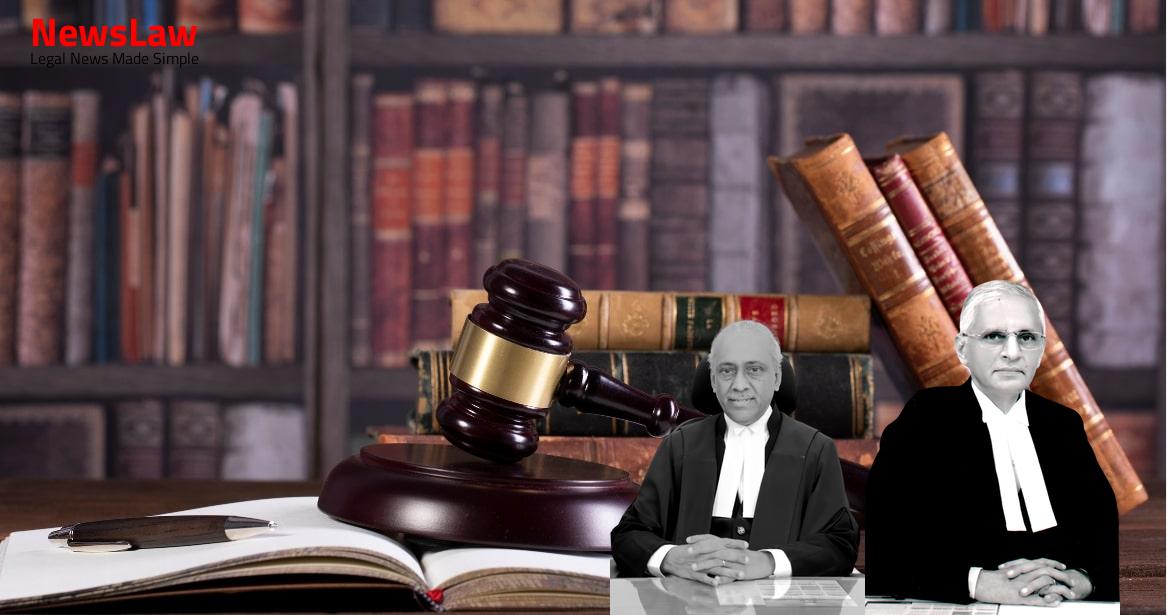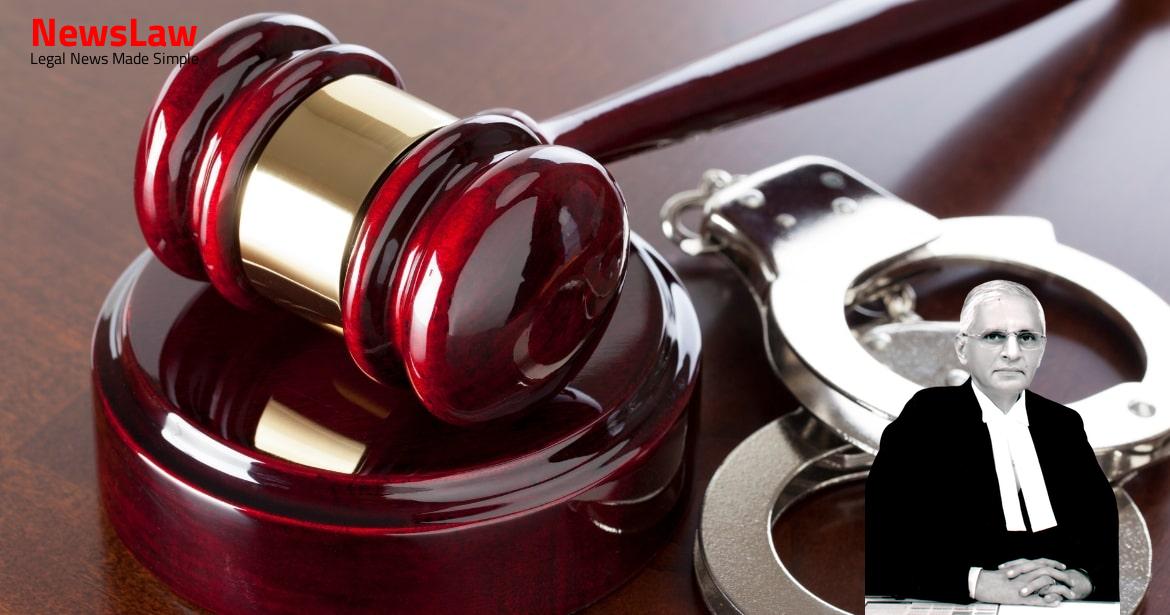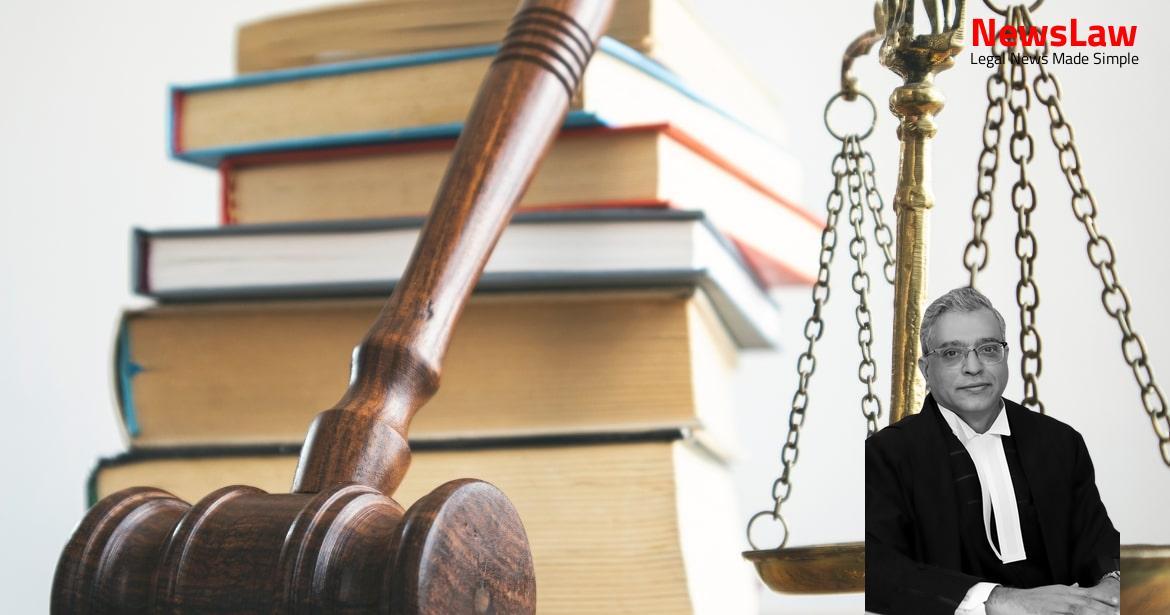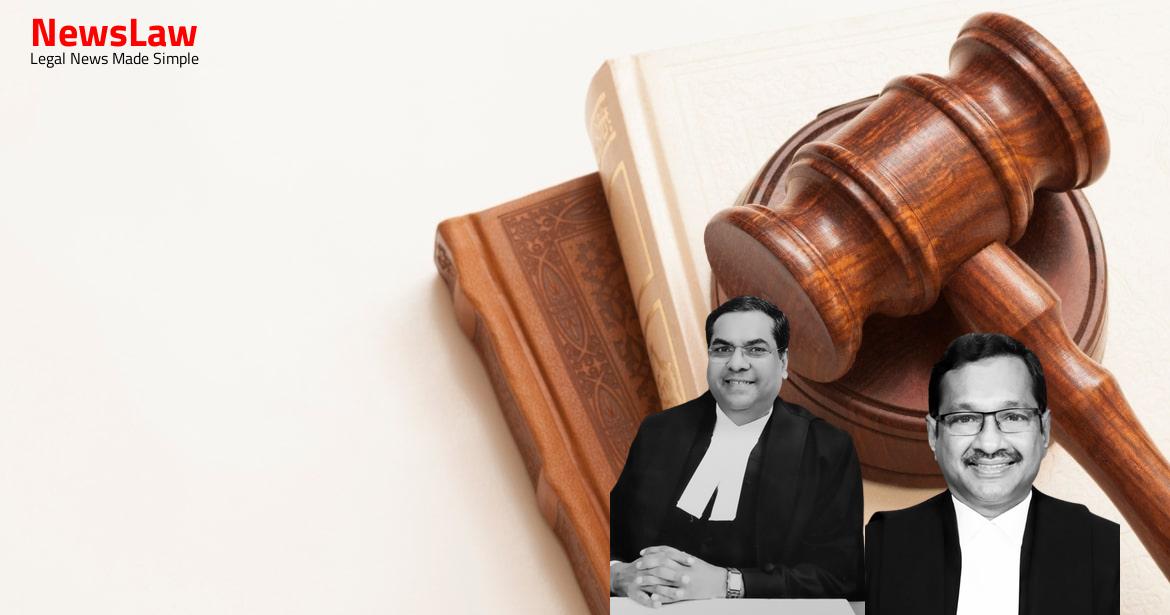Delve into the intricate legal analysis provided by the court regarding Criminal Trial Rules. The court’s focused attention on witness availability, objections during trial, and the vital separation of prosecution from investigation highlights the commitment to a fair and just trial process. This blog will elucidate the significant aspects of the court’s legal analysis in shaping the rules for criminal trials.
Facts
- All High Courts responded with summaries of their suggestions to the Draft Rules
- Draft Rules were carefully framed to ensure uniformity and respect diverse practices
- Draft rules are compliant with the Code of Criminal Procedure, 1973
- Many suggestions align with mandatory provisions of the Code of Criminal Procedure, 1973
- High Courts were directed to file responses to Draft Rules on two separate occasions
- Investigation agencies are responsible for implementing the Rules.
- High Courts approved the suggestion of separating prosecution from investigation.
- Separate team of lawyers, distinct from Public Prosecutors, to advise police during investigation.
- State Governments should actively pursue the separation of prosecution from investigation.
Also Read: Electoral Malpractices in Mayor Election
Arguments
- Trial begins after charges have been framed
- Prosecution witnesses should be available on the dates of trial
- Witnesses are relied upon for proving the charges
Also Read: Balancing Power and Transparency: Electoral Bonds Struck Down, Disclosure Mandated
Analysis
- Courts often postpone cases due to witness unavailability or absence of defense counsel/prosecutor, which is not illegal.
- Presiding officers have the duty to decide on the validity of questions asked to witnesses during trial.
- Objections to questions should be decided during the course of the proceeding or at the end of the witness’s deposition.
- Repeated objections can lead to the remedy of costs depending on the nature of obstruction.
- Uniform practices are lacking in the presentation of trial court proceedings and records.
- Trials should have a preliminary case management hearing after summoning the accused and framing charges.
- The practice of deciding objections immediately during evidence collection is considered archaic and may lead to re-trials if objections are upheld.
- In case the accused believes certain materials are necessary for a fair trial, they can seek orders for their production during the trial as per the Cr. PC.
- This is done to ensure a proper and just trial, in the interests of justice.
- The draft rules have been modified accordingly to allow for such requests.
- The practice in trials is influenced by the decision in Bipin Shantilal Panchal v. State of Gujarat regarding objections to questions asked to witnesses.
- Section 148 of the Criminal Procedure Code addresses the court’s decision on when a witness should be compelled to answer a question.
- The court has the authority to determine if a question is relevant to the case or proceeding, and whether it may affect the witness’s credibility.
- If a question is deemed irrelevant, the court can decide whether the witness must answer it or not, with the option to warn the witness that they are not obligated to respond.
- The court considers factors such as the impact of the question on the witness’s credibility, the time relevance and character of the imputation, and the proportionality between the imputation and the witness’s evidence.
- Witnesses are generally required to answer questions during a trial, but they have the right to remain silent if their response could incriminate them, as per Article 20(3) of the Constitution.
Also Read: Recall of Resolution Plan Approval: Legal Analysis
Decision
- The recording of deposition of witnesses will follow after the scheduling exercise is complete.
- Parties may consider admitting documents at this stage, which can be carried out under Section 294, Cr. PC.
- A specific date may be fixed for the admission/denial exercise.
- A schedule for recording witnesses should be set with consecutive dates, each for a specific number of witnesses.
- Witnesses may be required to appear for 2-3 consecutive dates if their depositions are not concluded.
- If a witness does not appear, a fixed date shall be indicated for their examination.
- Draft Rules related to body sketch, post-mortem reports, photographs, video graphs, and scene mahazar are to be incorporated into criminal trial rules.
- Necessary amendments have been made to the Draft Rules of Criminal Practice, 2021.
- High Courts are directed to incorporate the Draft Rules into criminal trial rules within 6 months.
- State and police authorities need to make amendments to manuals and instructions within the same timeline.
- State governments and the Union of India must make amendments to their police and other manuals within six months.
- The proceeding is disposed of based on the above directions.
Case Title: IN RE: TO ISSUE CERTAIN GUIDELINES REGARDING INADEQUACIES AND DEFICIENCIES IN CRIMINAL TRIALS Vs. THE STATE OF ANDHRA PRADESH (2021 INSC 260)
Case Number: SMW(Crl) No.-000001-000001 / 2017



